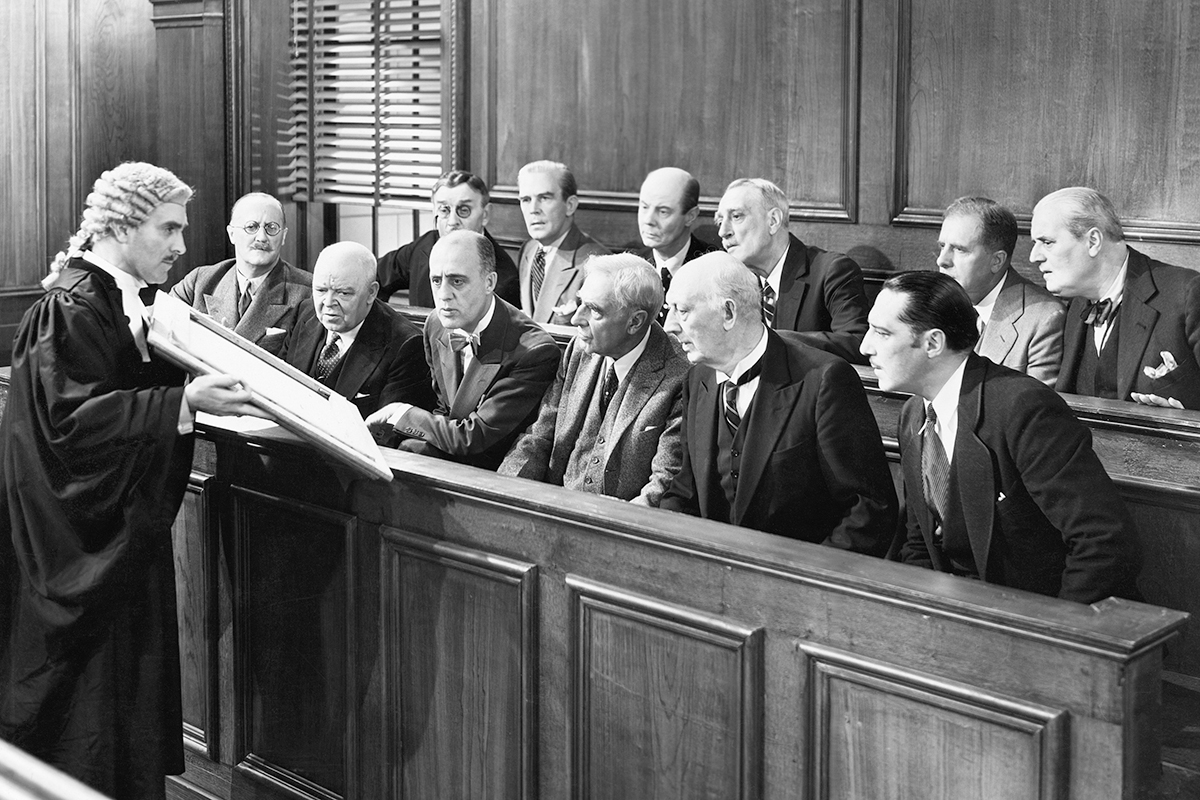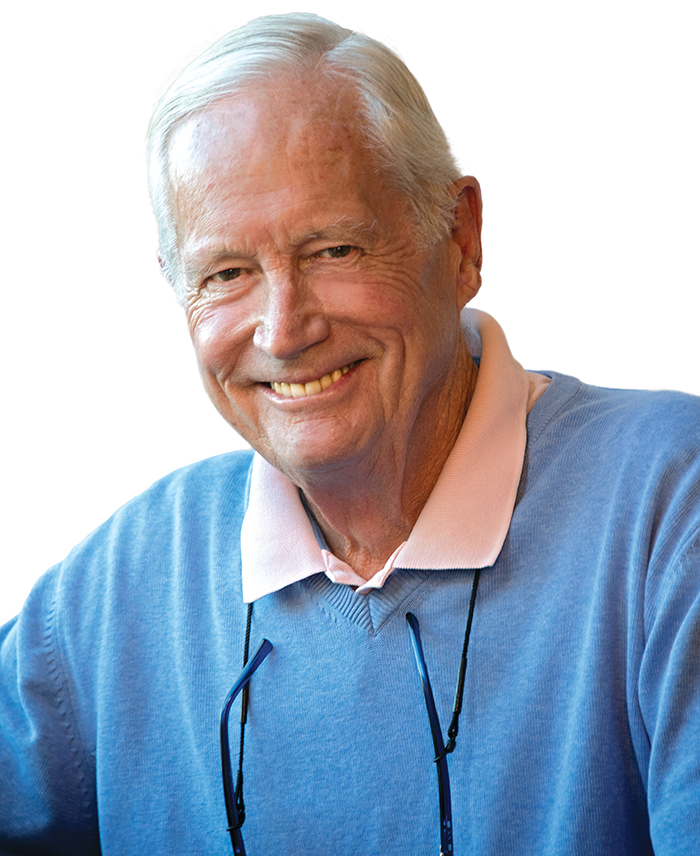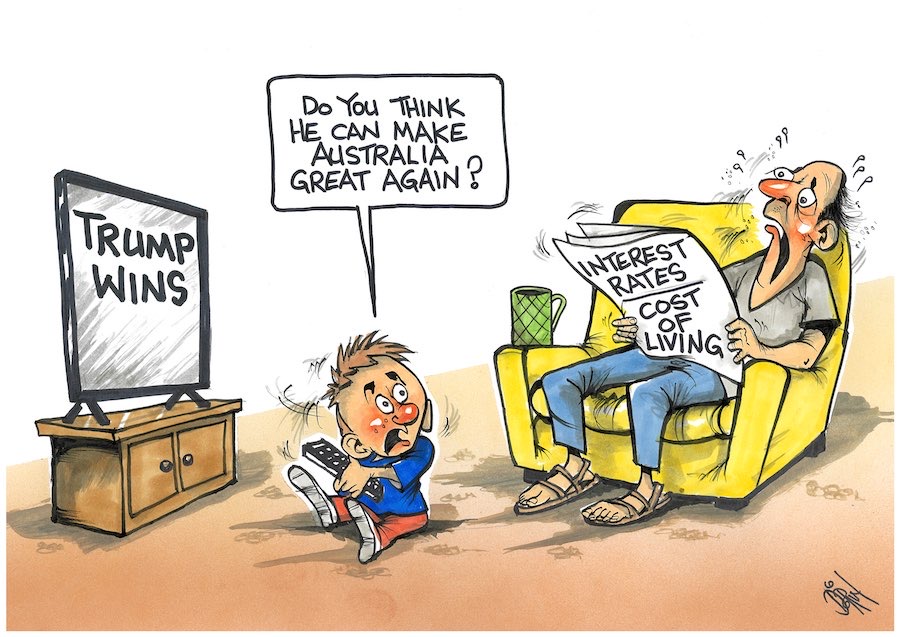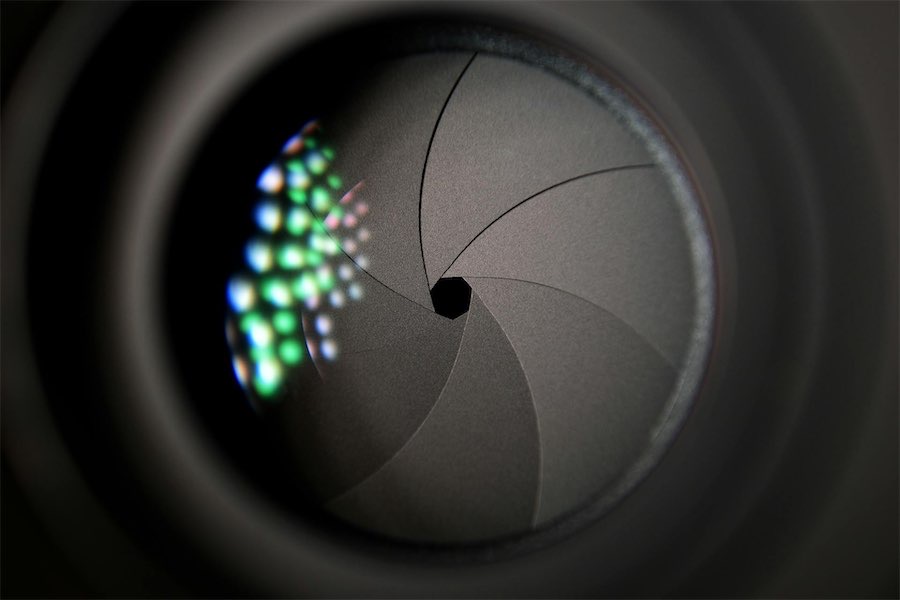
“There are much better systems available than the adversarial one, but the lawyers are presently having such a fine time – and have infiltrated all levels of government and stations of the elite – so we’re stuck with it,” writes “The Gadfly” columnist ROBERT MACKLIN.
I THINK we can all agree that whatever happened when Brittany Higgins and Bruce Lehrmann entered the office of then Defence Minister Linda Reynolds in the early hours March 23 2019, the result today is a legal calamity.

Ask any lawyer and they’ll tell you that we are extraordinarily fortunate in having the best system in the world. They treat it with the kind of tremulous deference that priestly proselytes hold for the Vatican.
Until recently, they even copied their vestments, setting themselves above and beyond the mere mortals who came to judgement in their courts.
Their methodology is virtually sacrosanct. The accused is innocent until “proved” guilty. And that “proof” will emerge from the evidence, itself the subject of complex but well-attested rules that ensure fairness to both complainant and accused. It will be put before either a judge – a person of perfect objectivity – or a jury of 12 of the accused’s peers, selected at random but subject to limited appeal from either prosecution or defence.
Only then will the accused emerge as “innocent” or “guilty as charged”.
Who could ask for anything more?
Well, as the Cardinal Pell case so graphically revealed, the “guilty” could indeed ask for a “higher” court to review the same evidence (on paper) and come to the opposite view.
Or, in the Higgins/Lehrmann case, one of the peers might break one of those precious evidentiary rules – or appear to – and the whole process would have to be repeated. Or not, as it turned out, because the prosecutor in this case was concerned that the ordeal was dangerous to the health of the complainant.
Then followed the inquiry conducted by one of those persons of perfect objectivity who so lambasted the prosecutor that his continuation in the post was “untenable” and he resigned.
Next, according to the Chief Minister of the ACT, Andrew Barr, we’ll have an inquiry into the inquiry since the judge “leaked” the findings of his inquiry to two journalists, albeit with an “embargo” which, says Barr, he had no right to make.
Will it never end? The short answer is no, not on the absurd proposition that the truth of the matter can be discovered from an adversarial system where each side tells a different story based on roughly the same facts and 12 spectators get to pick which narrative they prefer.
And certainly not when some participants – plaintiff or defendant – are wealthy enough to pay the best storyteller in town, while the impoverished opposition is stuck with a drone.
There are, of course, much better systems available than the adversarial one, but the lawyers are presently having such a fine time – and have infiltrated all levels of government and stations of the elite – so we’re stuck with it.
And that’s before we even touch upon the ancient presumption upon which the whole notion of crime and punishment rests – a human being’s capacity for free will. Do we really have some independent power to decide our actions beyond all that went before, urging us in one direction or another?
It is a conundrum that exercises the minds of our best and brightest. For while we cannot tell the future, in retrospect everything was inevitable (because it happened). And the more data we bring to the issue the less it seems we have the power to choose beyond a vanishingly small slice of options.
Perhaps that’s one reason at least for the over-representation of Aboriginal youngsters in the criminal justice system.
But perhaps that’s an argument for another day…
Who can be trusted?
In a world of spin and confusion, there’s never been a more important time to support independent journalism in Canberra.
If you trust our work online and want to enforce the power of independent voices, I invite you to make a small contribution.
Every dollar of support is invested back into our journalism to help keep citynews.com.au strong and free.
Thank you,
Ian Meikle, editor




Leave a Reply